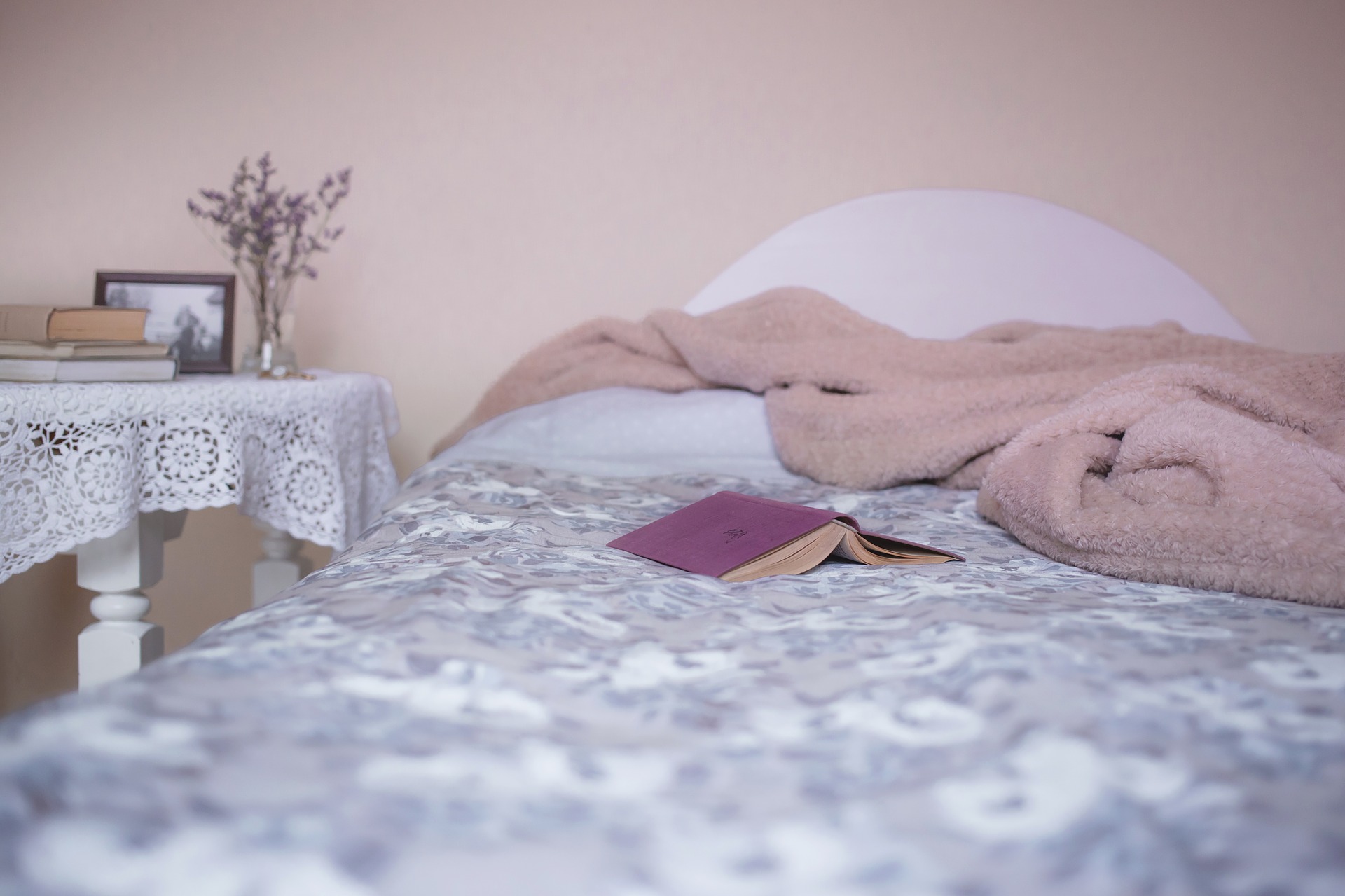
Good sleep is one of the keys to good health, but for many seniors, it’s elusive. There are many factors that can contribute to both the quality and quantity of sleep you get each night, and this, in turn, can contribute to the state of your physical and mental health. When you’re able to rest well, you’ll be better able to cope with stress and anxiety, your circadian rhythm will be in sync, and you can boost your heart health and immune system.
“A good night’s sleep really can make a difference to people’s psychological health. Helping people get better sleep could be an important first step in tackling many psychological and emotional problems,” says Professor Daniel Freeman.
It’s imperative that you talk to your doctor to find out where problems lie when it comes to your ability to get good sleep. Narcolepsy, restless leg syndrome, and insomnia are three common sleep disorders that affect seniors, but there may be an undiagnosed mental health disorder at play as well. Sometimes, it’s something as simple as sleeping with a pet, who can interrupt your sleep. Keep reading for some great budget-friendly tips on how to get your best sleep.
Create a Relaxing Space to Sleep
Having a relaxing space to sleep can help you wind down at the end of the day, so think about your specific needs at night. Temperature control, bedding, sleepwear, and a lack of devices that emit blue light are all important elements, so start thinking about investing in the right mattress and sheets, finding breathable pajamas, and using a sound machine to help you relax. This doesn’t have to be an expensive endeavor; look at affordable retailers such as Target, then double up on savings by shopping their weekly discounts or by taking advantage of cashback offers.
Get Daily Exercise
Daily exercise is important for everyone, but for seniors, it can be hugely beneficial. Working out every day can help improve your motor skills and balance — which prevents falls — and keeps your joints and muscles healthy. When your body works hard, it needs good rest at the end of the day, so you’re able to get a much better quality of sleep. Look for workouts that are gentle on your body, such as walking or swimming, or consider taking up an exercise like yoga, which will allow you to practice mindfulness as you work out. The great thing about yoga is that you don’t need fancy equipment to get started; all you really need is a good mat. Plus, there are thousands of free classes on YouTube, many of which are designed for seniors or for people with joint and mobility issues.
Eat a Balanced Diet
The foods you eat can have a profound effect on your ability to get good sleep. Take into consideration the time of day that you’re eating and drinking, and talk to your doctor about the best diet for your specific needs. Many seniors need extra protein and whole grains in their diets, and you might get additional benefits from the nutrients found in berries and dark, leafy greens if you have arthritis or back issues. The cost of produce can add up. Shop for in-season fruits and vegetables and take advantage of weekly sales, rebates and cash back programs from stores like Walmart to help with your grocery budget.
Getting good sleep is imperative if you want to feel good, and having more energy is never a bad thing. Talk to your doctor about the right workout and diet plan, and if you have any questions about the kind of sleep you’re getting, don’t be hesitant to ask. Rest is just as essential for your well-being as eating right and staying hydrated, and it can have just as many benefits.
Photo via Pexels
